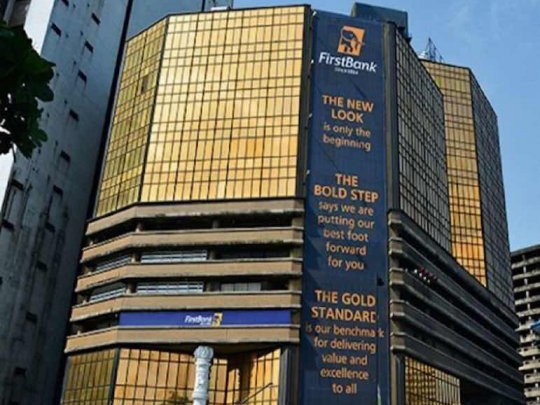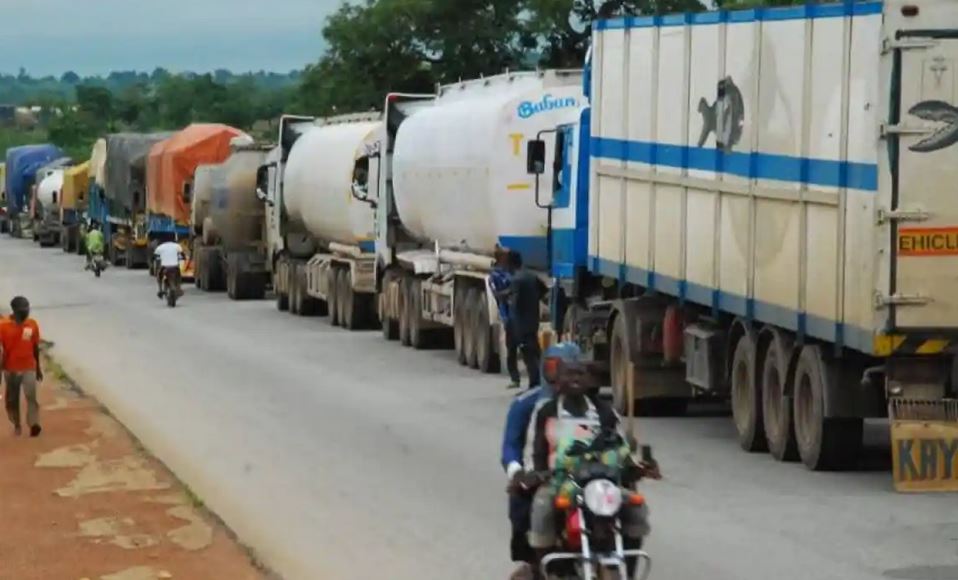Nigeria’s energy sector is reeling from the aftermath of a disruptive strike by the Petroleum and Natural Gas Senior Staff Association of Nigeria (PENGASSAN), which has led to a sharp hike in liquefied petroleum gas (LPG) prices, commonly known as cooking gas—reaching up to ₦2,000 per kilogram in some areas, as confirmed by the Nigerian National Petroleum Company (NNPC) Limited, exacerbating the financial strain on households already battling inflation and rising living costs.
What caused this escalation? The price surge stems directly from the PENGASSAN strike, which halted operations at key gas facilities, delayed loadings and movements by two to three days, and created artificial shortages that retailers exploited by inflating costs on existing stocks, according to Bayo Ojulari, Group Chief Executive Officer of NNPC Limited. Who is affected? Everyday Nigerians, particularly women and low-income families in regions like the Southwest, where retail prices jumped from around ₦1,300-₦1,500 per kg pre-strike to as high as ₦3,200 per kg in some markets, forcing many to resort to costlier alternatives like firewood or charcoal amid broader economic pressures. When did the crisis unfold? The strike began on September 29, 2025, shutting down major institutions including NNPC, the Nigerian Upstream Petroleum Regulatory Commission (NUPRC), and the Nigerian Midstream and Downstream Petroleum Regulatory Authority (NMDPRA), and was suspended on October 1 following federal government intervention, but the ripple effects on supply chains persist, with prices refusing to drop immediately.
Where has the impact been most severe? The Southwest region bore the brunt due to the shutdown of key gas plants, compounded by maintenance delays at the Dangote Refinery and importers holding back amid competitive pricing issues, leading to scarcity that drove up costs nationwide, though supply remains relatively stable in the South-South and East. Why did the strike happen? It was triggered by the alleged unlawful dismissal of about 800 Nigerian workers at the Dangote Petroleum Refinery, prompting PENGASSAN to halt crude oil and natural gas supplies, ramp down production at international oil companies, and disrupt power generation, resulting in significant revenue losses for NNPC estimated at 283,000 barrels of oil per day (kbopd), 1.7 billion standard cubic feet per day (bscfd) of gas, and over 1,200 MW of power in the first 24 hours alone. How is the situation being addressed? NNPC’s Ojulari, speaking after visiting President Bola Tinubu at the State House, assured that as operations normalize post-suspension, distribution will fully restore and prices should revert to pre-strike levels soon, while the National Association of Liquefied Petroleum Gas Marketers (NALPGAM) echoed that scarcity would ease within days, urging patience amid ongoing vessel delays from NLNG and calls for government intervention to stabilize the market.
The strike’s broader fallout included stalled cargo loadings at terminals like Brass, missed liftings, and threats to fuel supply and power generation, with marketers warning of potential nationwide disruptions that could worsen scarcity and push petrol prices higher. Public outcry on social media has been vocal, with users decrying the “Dangote vs. PENGASSAN war” for hitting ordinary citizens hardest, questioning when relief will come as families stretch budgets for basic cooking needs. Industry stakeholders, including NALPGAM President Olatunbosun Oladapo, attribute the lingering high prices to the strike’s crippling effect on Southwest operations and advise against panic buying, while experts call for stronger regulatory measures to prevent future disruptions in Nigeria’s volatile energy sector. As the federal government continues mediation efforts between PENGASSAN and Dangote Refinery, the incident underscores the fragility of supply chains and the urgent need for labor harmony to shield consumers from the cascading effects of industrial actions in an economy still recovering from subsidy removals and global shocks
Source: Read more at thisdaylive.com






























